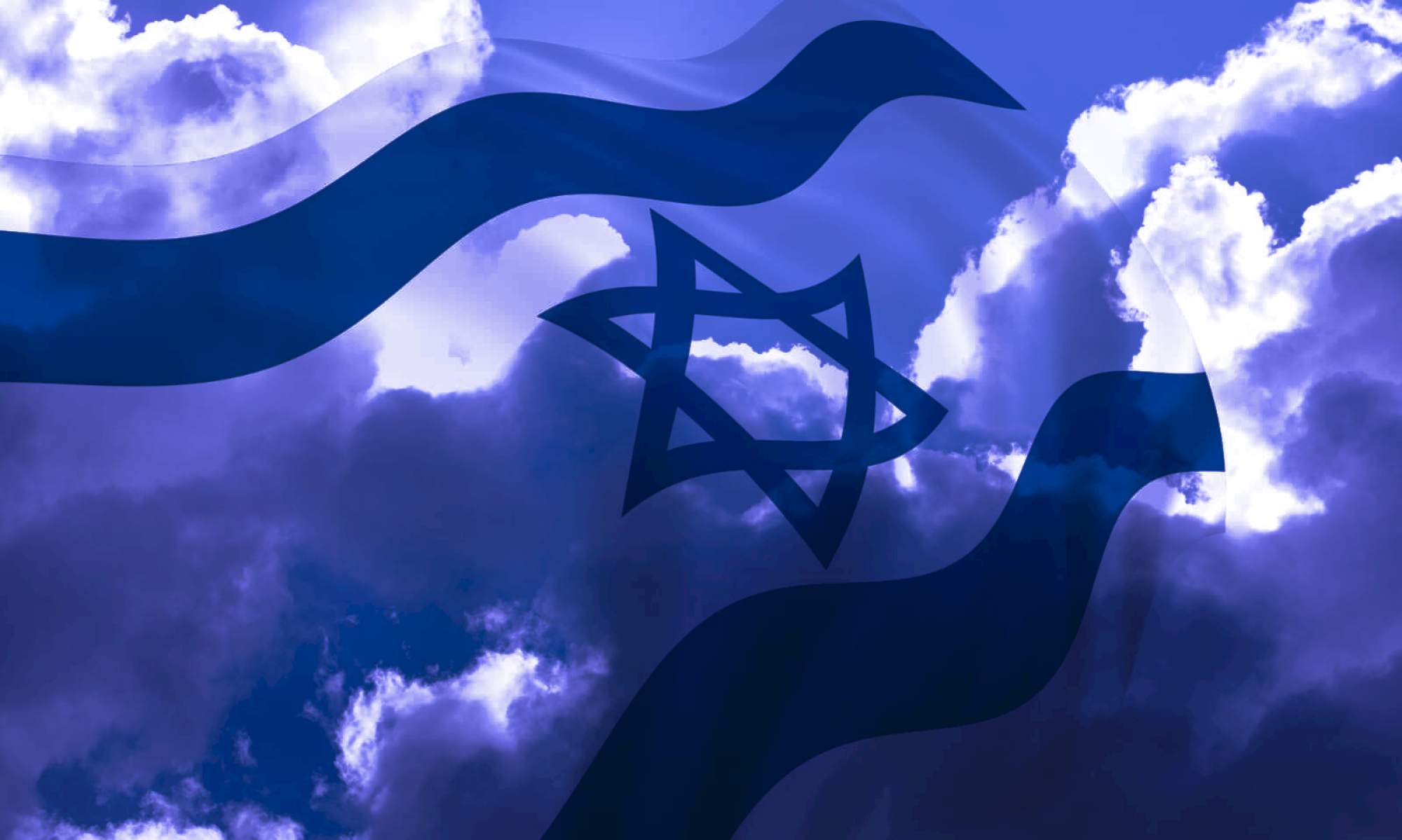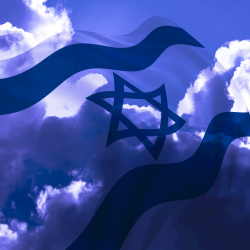
Source seems to deny decision followed US pressure, telling ToI it was due to repeated demonstrations by both Israel and Hamas that they weren`t interested in good faith talks
Qatar has decided to end its role as mediator between Israel and Hamas amid long-stalled negotiations for a Gaza ceasefire and hostage release deal, a diplomat familiar with the matter told The Times of Israel on Saturday.
The diplomat, who is not American, also confirmed Friday`s revelation by the US that Doha told Hamas officials late last month to leave the country, but appeared to deny that the decision was taken in connection with a request from the Biden administration.
The diplomat said Qatar made the decision on its own, determining that it could not continue mediating between Israel and Hamas if neither side was willing to negotiate in good faith. And if it is no longer mediating, there is no purpose for Qatar to allow Hamas to maintain its offices in the country, the diplomat said.
The diplomat lamented that the long-foundering ceasefire and hostage release negotiations “became more about politics and elections” for both Israel and Hamas, as opposed to a “serious attempt to secure peace.” The diplomat claimed both sides backed out of commitments they had made throughout the negotiations and were only engaged in them for the purpose of “political optics.”
Earlier this week, former defense minister Yoav Gallant suggested to the families of hostages held in Gaza that Prime Minister Benjamin Netanyahu has kept the war going for political reasons, not security ones, preventing a ceasefire and hostage release deal.
The diplomat said that once the decision was made by Qatar to cease its mediating role and to kick Hamas officials out of the country, it first informed the other mediators ” the US and Egypt ” and then told Hamas and Israel. The notification was provided at the end of October.

No timeline was given for when Hamas will leave Doha, but it is not something that can happen overnight, the diplomat indicated.
The diplomat stressed that Qatar`s decision isn`t necessarily permanent and could be reversed if both sides demonstrate a sincere willingness to negotiate in good faith.
This is what happened in April, when Qatar quietly pushed Hamas out of the country, the diplomat says. The terror group`s leaders went to Turkey, but the US and Israel asked Doha to bring them back in order to resume talks, after attempts to do so with Hamas in Ankara did not succeed.
Indeed, two government officials revealed that sequence of events to The Times of Israel in May.
The diplomat speculated that after Hamas leader Ismail Haniyeh`s assassination in Tehran, Hamas officials will once again head to Turkey. This could place Ankara in a difficult position, though, as the Biden administration made clear Friday that it doesn`t want its allies hosting the terror group.
An Israeli official in Netanyahu`s office issued a statement to reporters welcoming Qatar`s decision, saying that no country should host the terror group.

The Israeli official asserted that Donald Trump`s election victory this week also contributed to the decision, suggesting that the Republican president-elect would not have supported Hamas`s continued presence in Doha.
At the same time, a senior Hamas official contradicted the diplomat and US officials, telling reporters on condition of anonymity that the terror group had not received any directive from Qatar to leave the country.
Qatar has hosted Hamas officials in Doha since 2012 when the terror group moved its headquarters out of Damascus amid the Syrian civil war. Successive US administrations from both parties urged Qatar to serve as a conduit to the terror group.
Following Hamas`s October 7 onslaught, the US informed Qatar that Doha would not be able to maintain “business as usual” with the terror group. However, the administration held off on asking the Gulf state to shutter the Hamas office, viewing the communication channel with the group to be as critical as ever in brokering a ceasefire and hostage release deal.
Those talks yielded a week-long deal last November, but they have failed to secure a permanent ceasefire or the release of the remaining 101 hostages.
A US official told The Times of Israel on Friday that Hamas`s execution of American-Israeli hostage Hersh Goldberg-Polin along with five other captives in late August, and subsequent rejection of more ceasefire proposals, are what led the administration to change its approach regarding the terror group`s continued presence in Doha, deeming it “no longer viable or acceptable.”

The US decision also coincided with its unsealing of indictments against Hamas officials, including one of its top leaders Khaled Meshaal, who is known to reside in Doha, the US official said.
“After rejecting repeated proposals to release hostages, its leaders should no longer be welcome in the capitals of any American partner,” a second senior administration official told The Times of Israel.
The official said Hamas showed no signs of budging from “unrealistic positions” in the negotiations, maintaining conditions that would have effectively ensured its ability to remain in power in Gaza ” “something the US and Israel will never accept.”
Two weeks ago, the US asked Qatar to kick out Hamas, the US official said, adding that Doha agreed and gave the notice around October 28.
Details regarding when the expulsion of Hamas officials will actually take place and where they will be ordered to go are still being worked out, the US official added.
The official stressed that the administration is continuing to pursue a number of initiatives aimed at securing a hostage deal before the end of US President Joe Biden`s term and believes that the combination of Hamas`s expulsion from Qatar, US sanctions and other tools at Washington`s disposal could succeed in coaxing the terror group to come down from its demands.

The US official stressed that Doha has played an “invaluable role” as a mediator throughout the conflict. It`s unclear what role Qatar will be able to play moving forward, once it no longer hosts Hamas leaders.
Qatar has come under fire from Congressional Republicans who have been less praiseworthy of Doha`s role in the conflict and argued that the Gulf emirate could have placed more pressure on Hamas to secure a deal.
The Biden administration has repeatedly pushed back against this criticism and has relied on Qatar as a mediator in several other conflicts in addition to the one in Gaza.
Egypt is likely to continue playing a mediating role, given the contacts that it maintains with Hamas leaders in bordering Gaza.
Published in 11/09/2024 19h55
Original article:


